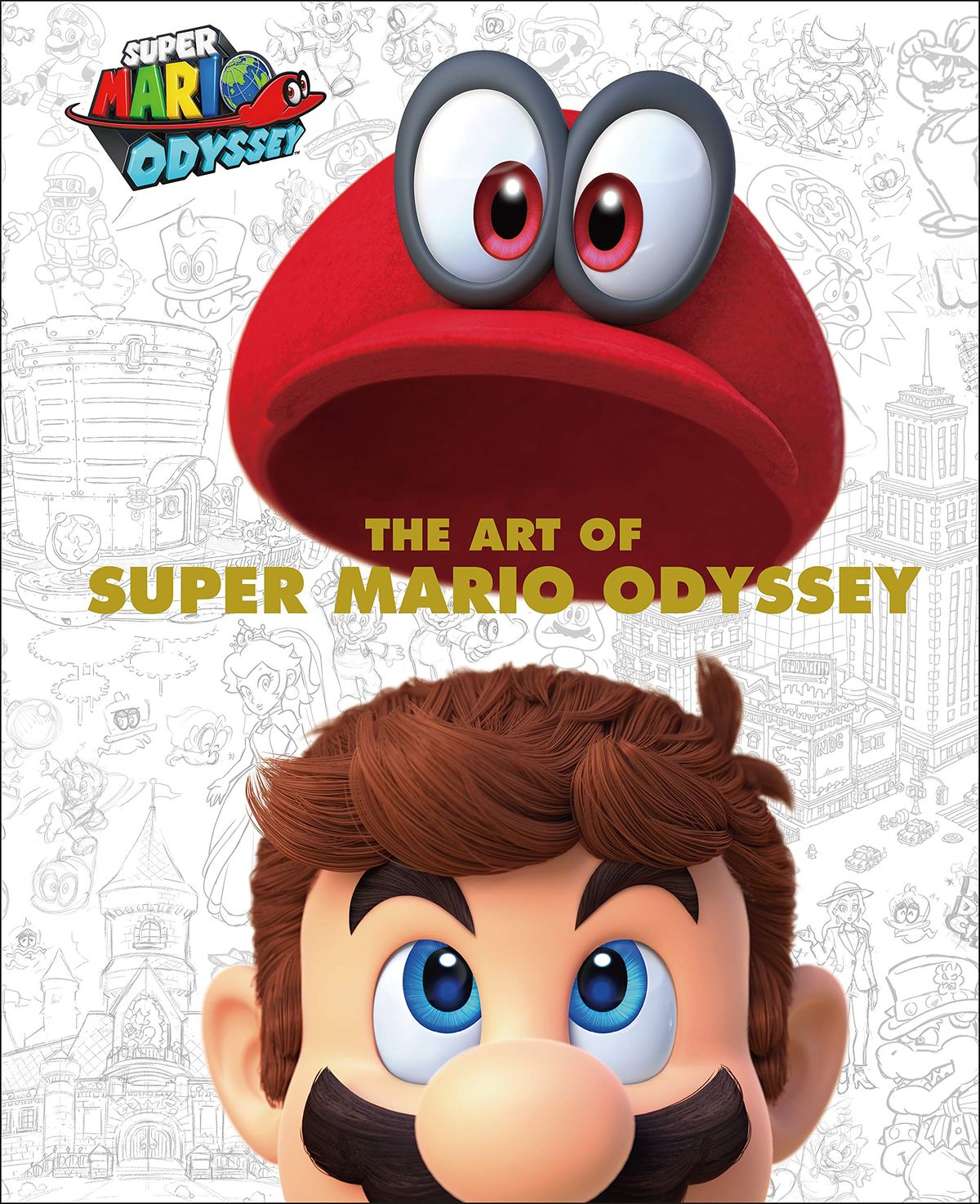Have you ever been deeply engaged in a gaming adventure, your fingers skillfully dancing across the controls, only to be suddenly surprised by an achievement that feels like a playful nudge from the devs? It makes you stop, chuckle, and wonder, ‘Did they really just poke fun at me?’ Yes, they did, and that’s part of the charm we absolutely adore.

Unlocking in-game humor
When game creators inject comedy into their products, especially when it’s at our cost, there’s something particularly enjoyable about it. It’s an indication of a relationship based on a shared appreciation of the gaming experience between the designer and the player. For instance, in “Rise of the Tomb Raider,” you may obtain a prize by using an explosive to kill an animal. The heading? “Was that actually required?” This question reflects the feelings of many players who may have gone a bit too far in their attempt to survive in the heat of the moment.
Take the platinum medal from ‘Undertale’ as a perfect example; it cheekily asks, ‘Don’t you have anything better to do?’ This tongue-in-cheek comment serves as both a humorous nod to our dedication and a delightful reminder that sometimes, we lose track of time in our gaming quests while life continues its whirlwind outside. Beyond just providing a good laugh, these witty in-game references create a sense of camaraderie among players, highlighting that developers are just like us—fellow gamers who understand our quirks and obsessions.
So, why do these playful achievements resonate with us so deeply? Perhaps it’s because they remind us that gaming is ultimately about enjoyment. They offer a break from the serious nature of everyday life, allowing us to embrace our silliness. It’s akin to sharing a private joke amongst friends when a game playfully acknowledges our occasional missteps, transforming an ordinary gaming session into something truly memorable.
These amusing accomplishments also demonstrate the creators’ originality and consideration. It takes many hours of planning, coding, and testing to create a game; it’s no little accomplishment. It’s an indication that game creators are producing an experience rather than merely a product when they take the effort to include comedy in their creations. They anticipate our actions and emotions, keep the player in mind at every turn, and look for ways to improve the experience.
Often infused with self-referential humor, these achievements provide a meta-commentary on the very essence of gaming. Developers engage directly with players, breaking the fourth wall in a way that enhances, rather than detracts from, the immersive experience. The element of surprise in this kind of humor can be incredibly impactful; a spontaneous quip can catch us off guard, adding a personal touch to a narrative where immersion is usually key.

Naturally, not all gaming comedy consists of making fun of the player. Developers can also chuckle in different ways. Consider the humorous reaction of a CD Projekt Red official when questioned about Ubisoft’s decision to title their game “Skull and Bones” as “AAAA.” The CEO smiled mischievously and joked that their games will be “AAAAAA,” a lighthearted addition to the ridiculousness of video game promotion. Despite being a brief instance, it demonstrates the industry’s capacity for self-loathing.
Connections between developers and gamers
These lighthearted moments contribute significantly to the enchantment and appeal of games. They create a bond between players and the game itself, acknowledging that while we may embark on epic quests and strive to become virtual champions, the ultimate goal is to have fun. So, the next time you encounter an achievement that humorously pokes fun at you, take a moment to smile back; it’s all part of the joy!
Not to mention the larger backdrop of enjoyment in game production. “Designing games is fun,” said a seasoned game designer. Although it’s a career with its ups and downs, it’s a fantastic way to earn a livelihood for people who are passionate about the art. From concept creation and prototyping to level planning and balance, the range of jobs a game designer may perform provides a range of delight. The process that results in the development of games that may delight millions of people includes even the more laborious duties, such as font optimization and documentation.
Depending on the project, the studio, and the stage of production, the enjoyment factor in game development might vary substantially. For example, crunch time can be thrilling at first but exhausting if it continues for too long. The kind of game, the platform, the business, and the project all affect how much fun a designer may have. It might be difficult to work on a genre you don’t like or a title that doesn’t appeal to you, but when everything comes together, the experience can be very fulfilling.
Moreover, the fun factor is heavily influenced by the dynamics within development teams and studio cultures. Finding a group of colleagues with whom you can share memes and GIFs long after a project wraps up creates an invaluable camaraderie that elevates the creative process. The relationships formed are just as significant as the games themselves.
An executive at Disney Interactive would remind the team during long strategy meetings that they weren’t curing cancer, but rather that they were getting worked up over an internet game about farting cartoons, according to a funny story told by a game designer. It serves as a lighthearted reminder to maintain perspective, especially in the highly competitive field of game development.
Creating games is an emotional journey, marked by the joy of seeing players connect with something you’ve helped build, juxtaposed with the pressure of meeting financial expectations. This industry uniquely merges the ephemeral nature of digital art with the tangible satisfaction of positively impacting players’ lives—even if it simply means making them chuckle at an in-game quip.
So, as we venture through the vibrant worlds crafted by these talented developers, let’s celebrate the humor woven into their creations. It reflects their passion, creativity, and insight into what makes gaming such a cherished pastime. Remember, the next time you receive an achievement that makes you reconsider your life choices, it’s all about enjoying the ride.
What creates a perpetual stream of gaming humor?
Examining the art of comedy in game design reveals that it goes beyond the odd clever reward or accomplishment. The goal is to create an atmosphere in which players are not only customers but also take part in a lighthearted conversation, as if they were a part of an inside joke. When done well, this type of comedy can turn a game from just amusing to genuinely memorable, but it’s a fine line to walk.
The iconic ‘cake is a lie’ meme from Valve’s ‘Portal’ stands out as a prime example of in-game humor. This darkly comedic line has transcended the game itself, becoming a cultural reference among gamers everywhere. The impact of a single phrase illustrates just how powerful humor can be in gaming, as it not only pokes fun at players but also crafts a self-aware, subversive narrative.
The use of comedy in game design extends beyond speech and achievements. It can be included into the game’s mechanics. For example, ‘Goat Simulator’ flips the concept of a simulation game by urging players to employ an apparently harmless goat to create as much mayhem as they can. The success of the game, which parodies the simulation genre itself, depends on its capacity to make players laugh at the ridiculousness of the scenarios it fabricates.

The ability to make commentary on the gaming business or culture is another facet of comedy in video games. A great illustration of this is “The Stanley Parable,” which satirizes the illusion of choice in video games by providing a story that shifts according to the player’s decisions and frequently produces amusing results. Through a game that is both fun and thought-provoking, it offers a witty assessment of the media itself.
Developers can sometimes use humor as a coping mechanism for the difficulties involved in creating video games. A little humor goes a long way toward maintaining a positive attitude in the high-pressure setting of game development. This is evident in the lighthearted repartee among creators on social media or in the inside jokes and Easter eggs that are concealed in games for users to find. These humorous moments serve as a reminder that a team of individuals who like creating games and love games is at the core of game development.
In game creation, the enjoyment factor is a complicated beast. The kind of game being made and the studio culture are only two examples of the many variables that affect it. Fundamentally, though, it’s about fun and emotion. “Designing games is fun,” the seasoned game designer said. Developers are motivated by this ambition to push the limits of what games may be, investigate novel concepts, and ultimately provide captivating experiences for players.
It’s important to remember that comedy may have both positive and negative effects. What one player finds amusing may be insulting or boring to another. The delicate balance between being humorous and showing consideration for their audience must be walked by game makers. This calls for a thorough comprehension of their player base as well as a readiness to hear criticism.
Crafting laughter is just one facet of the comedic art in game design. The true aim is to forge a connection between the player and the game that lingers long after the screen goes dark—a shared experience that celebrates the absurdity of gaming. So, the next time you stumble upon a funny moment in a game, take a moment to appreciate the artistry at play. It signifies that the creators aspire to craft an experience meant to be savored in every way, far beyond just gameplay.
Related posts:
Is designing video games any fun?
Gaming News: Developers’ Humorous Twists in Video Games
CD Projekt exec pokes fun at Ubisoft’s “AAAA” game Skull and Bones, says the studio will now make “AAAAA” games





